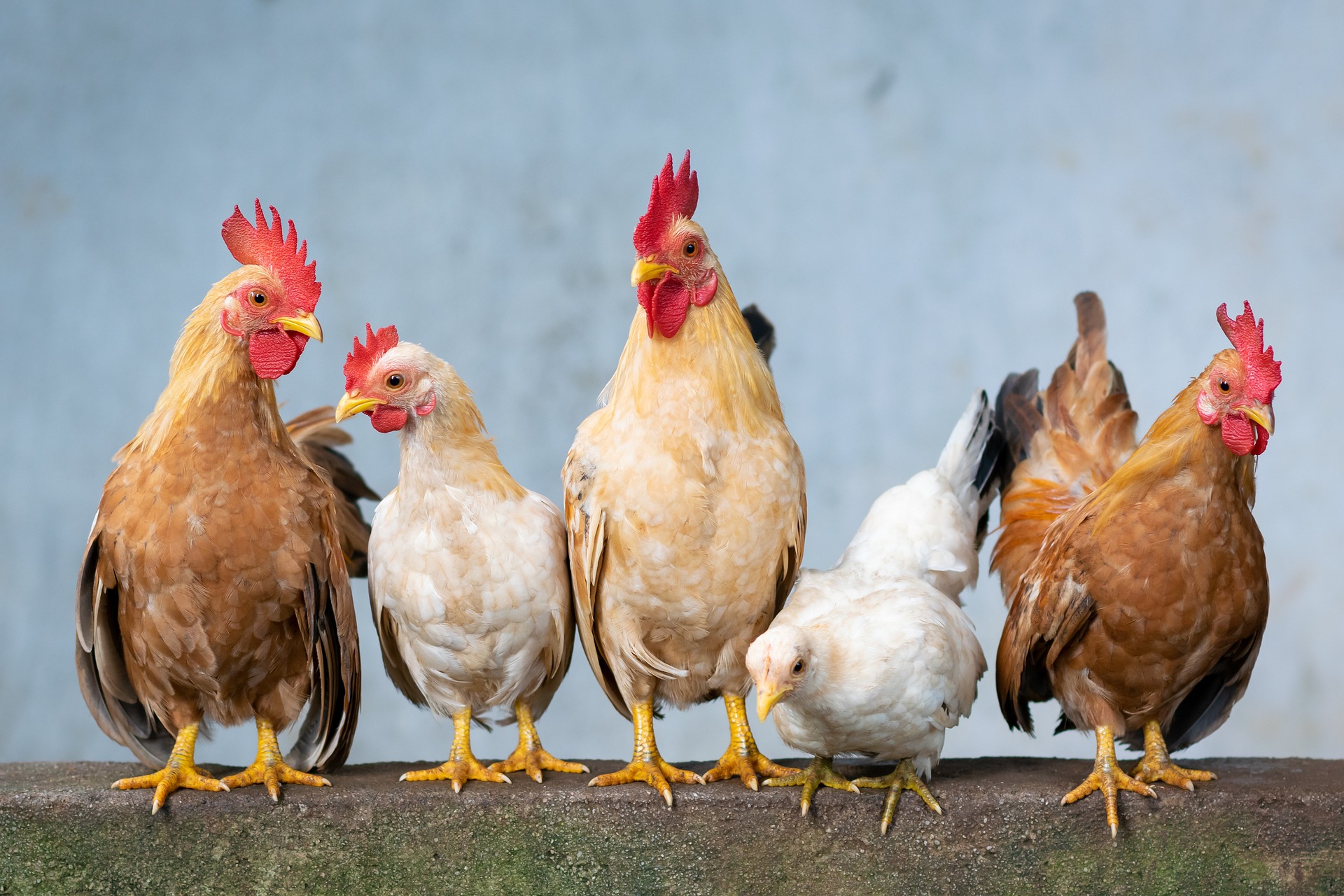I have a confession to make.
I love chickens.
I mean, I really love them. So much so that I believe that these birds are, quite literally, God’s gift to mankind.
But this isn’t just a fanciful thought.
Consider these facts:
- Our relationship with chickens goes way back. They were first domesticated over 8,000 years ago. Which means they have played a huge part in the development of our civilisation.
- Chickens are generally omnivorous — which means they are incredibly versatile. They can eat a variety of feed, including grains, seeds, and insects.
- Chickens are quite easy to care for. They only require the basics like food, water, and shelter in order to flourish.
- The global chicken population is estimated to be around 23 billion. This makes them the most plentiful bird in the world.
- Incredibly enough, the total biomass of domesticated chickens is three times the biomass of all the wild birds combined.
- You can find chickens in pretty much every climate; in every country.
Now, here’s the remarkable thing. Even though chickens have been with us for a long time, it was only in the middle of 20th century that these birds truly made an evolutionary leap forward.
The average broiler chicken today is about 360% larger than it was before 1957:
Source: The Economist
So, why have chickens suddenly become supersized?
There are three reasons why:
- Growth
- Efficiency
- Yield
Indeed, as the world became globalised and more affluent, so did chickens.
It’s safe to say the fate of these birds are tied to our own.
But watch out. Globalisation is a double-edged sword. When disruption hits supply chains in one part of the world, it creates a ripple effect. We all feel it.
Here are some intriguing headlines:
- In Malaysia, the shortage of chickens became so desperate in 2022 that the country’s prime minister announced an outright export ban.
- In the United States and Mexico, as the price of chicken eggs skyrocket, people have been caught trying to smuggle them across the border.
- In New Zealand, the egg shortage has led animal welfare activists to plead with the public not to buy chickens.
All over the world, it’s pretty much the same.
We are experiencing a chicken crisis.
It’s bizarre, yes. But what the cluck is happening?
Well, one man has a role to play here: Vladimir Putin.
Source: Foreign Policy
As the war in Ukraine rolls into its second year, here’s how the ripple effect has played out:
- The rising cost of fuel.
- The rising cost of wheat.
- The rising cost of avian flu.
Jim Hoang, the sales manager at Australian company Master Poultry, explains:
‘The price of feed is very high at the moment, so producers reduce their farming so they don’t have to feed and process as many chooks. And because the supply is low, prices go up and they get more money for fewer chickens. On top of that, the price of fuel, utilities, and rolling labour shortages are making it worse.’
Well, good grief.
It sounds like the perfect storm, doesn’t it?
Our opportunity for you
Let’s face it: no one likes disruption.
But in a globalised world, disruption is the name of the game.
Indeed, the chicken shortage is a microcosm — a version in miniature — of all the interconnected systems that we take for granted.
This crisis is forcing us to confront an essential truth: it’s never been more important to have options. To have flexibility.
So, right now, here’s what you need to think about:
- What can you do to fight back against inflation?
- What isn’t the mainstream media telling you?
- Is our economy dancing on the knife’s edge?
- How can you protect yourself?
- How can you protect your family?
These are big questions. Critical questions. And if they are important to you, you need to act now. Please accept my exclusive invitation. Come join our Quantum Wealth Report.
To date, we have investigated and exposed over 90 hidden ideas. From property to healthcare; from artificial intelligence to cryptocurrency; we are doing a deep dive into the latest quantum trends.
These are cutting-edge insights that could change your destiny — if you have the courage and conviction to follow through.
Ask yourself: are you concerned about your family’s well-being and happiness?
Well, if you are, this is the best time to act. And this is the best place to start…
Regards,
John Ling
Analyst, Wealth Morning
